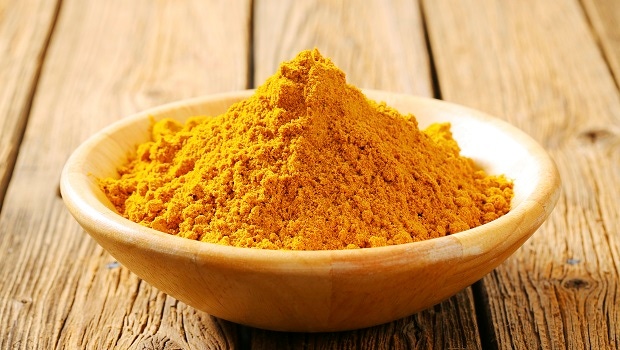Curcumin has garnered much attention in recent years for its anti-inflammatory and antioxidant capabilities, but concerns over bioavailability and origin (whether the compound is naturally or synthetically derived) could inhibit this potent compound’s success. As such, marketing curcumin and products containing curcumin requires special attention to ensure benefits are properly communicated and consumer concerns are put to rest.
November 9, 2015

Curcumin is an active compound extracted from turmeric, a root that provides the spice and yellow color well-known to Indian cuisine. Curcumin has garnered much attention in recent years for its anti-inflammatory and antioxidant capabilities, but concerns over bioavailability and origin (whether the compound is naturally or synthetically derived) could inhibit this potent compound’s success. As such, marketing curcumin and products containing curcumin requires special attention to ensure benefits are properly communicated and consumer concerns are put to rest.
“While there is lot of good science emerging on curcuminoids, hurling it towards becoming next to vitamins in people’s ‘must take’ supplement regimens, all this growing science has to be effectively communicated to average consumers to help them choose a proper product," said Shaheen Majeed, marketing director at Sabinsa Corp. He added that today’s consumers are smart, and “do their homework before buying a product; they want to know about the origin of the product, even practices and processes which companies follow when choosing the herbs. Sustainability is desirable, and quality essential."
Considering today’s transparency-seeking and information-hungry consumers, it’s important for companies to develop trust with their customers. Majeed explained that consumer trust can be evoked “by choosing good agricultural and cultivation practices, and highlighting it pictorially wherever possible." Further, trust in the product should be created via its quality and efficacy, by using good sourcing practices, following good manufacturing processes, maintaining clean labels, and producing claims based on solid scientific studies, he said.
In addition, curcumin presents unique challenges to marketers, which include concern regarding whether products are bioavailable (i.e., can be absorbed by the body).
David Garner, CEO at Molecular Health Technologies LLC, noted that curcumin only represents 3 percent of the turmeric root. Further, the extraction process for curcumin creates a fat-soluble active compound, he said.
“Accordingly, the body does not absorb curcuminoids very well," Garner explained. “The body needs a carrier to transport the active to the proper place of action in the body," he said, suggesting the consumer take the compound with other fats to help absorption or with pepper, which has been shown to increase the uptake of fat-soluble compounds in the body. “However, the body still excretes a large percentage of the active compound after a few hours and dosing must be continuous to be effective."
However, regarding bioavailability, Majeed pointed out the importance in relaying that high absorption (i.e., improved bioavailability) doesn’t always mean higher content of curcumin. “Today the curcumin market is flooded with claims on bioavailability, some of which are quite deceptive wherein actually these products only deliver higher absorptions, if any, and not necessarily health benefits," he said. “The ‘bioavailability’ term has been misused to make consumers believe that higher the stated amount of bioavailability, the lesser dose you need. Such products may be just denying the consumers any effective dosage while they pay a higher price for a product which contains more excipients than curcumin. When consumers are educated to take a look at the content of curcumin that is being delivered in a supplement—not just the absorption factor—they make different buying decisions."
To read more about effectively marketing curcumin, download the complete article from INSIDER’s Content Library.
About the Author(s)
You May Also Like






.png?width=800&auto=webp&quality=80&disable=upscale)